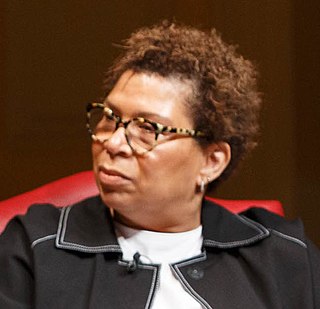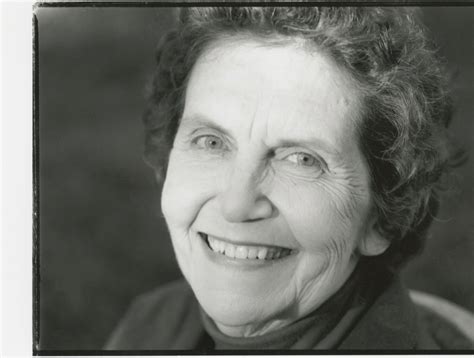A Quote by Theo Epstein
This game will make you cry more often than not.
Related Quotes
Who will cry for the little boy, lost and all alone?
Who will cry for the little boy, abandoned without his own?
Who will cry for the little boy? He cried himself to sleep.
Who will cry for the little boy? He never had for keeps.
Who will cry for the little boy? He walked the burning sand.
Who will cry for the little boy? The boy inside the man.
Who will cry for the little boy? Who knows well hurt and pain.
Who will cry for the little boy? He died and died again.
Who will cry for the little boy? A good boy he tried to be.
Who will cry for the little boy, who cries inside of me?
It's very important not to put pressure on a child. Make sure that she/he feels that whatever happens it's not the end of the world. If they cry after a loss that's normal, as adults also hate to lose. If they win a game you should make them feel very proud but make sure they know the next game will be another challenge.
Fellini was more in love with breasts than Russ Meyer, more wracked with guilt than Ingmar Bergman, more of a flamboyant showman than Busby Berkeley... Amarcord seems almost to flow from the camera, as anecdotes will flow from one who has told them often and knows they work. This was the last of his films made for no better reason than Fellini wanted to make it.
Rules of Play is an exhaustive, clear, cogent, and complete resource for understanding games and game design. Salen and Zimmerman describe an encyclopedia of game design issues, techniques, and attributes. In particular, they analyze the elements that can make a game experience richer, more interesting, more emotional, more meaningful, and, ultimately, more successful. It should be the first stop you make when learning about game design.
If we can choose where to cry, at home or with a few people who will be fully understanding, perhaps we will feel easier. But if we can't - if we are in church and a hymn catches us off guard, or at a football game and we remember being there with a son or daughter now gone - well, the earth is our home and we can cry where we want.



































